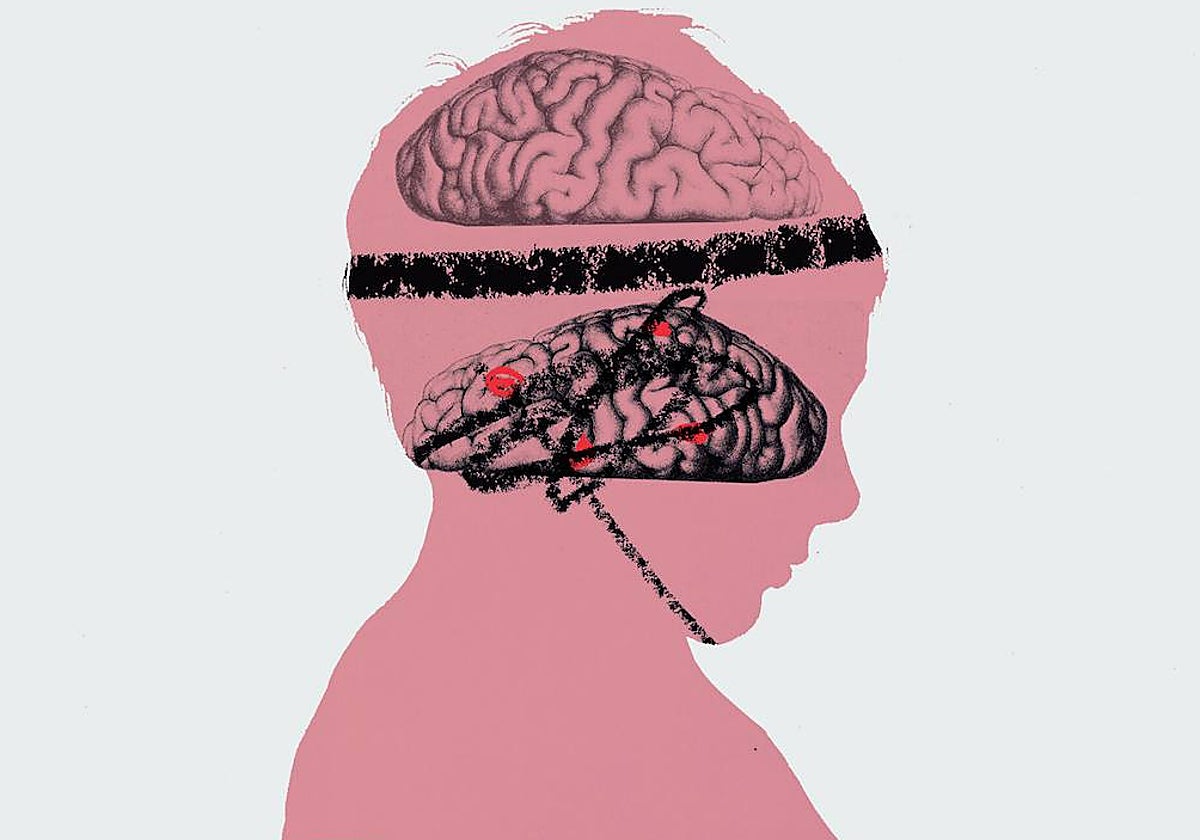Influenza A or Covid? With this question we congratulated ourselves on the year we had spent in Extremadura. Few survived the virus. This panorama opened the door to discussion about the mandatory use of masks in health centers and hospitals, and a minister who is not competent in the matter told us about the issue of “self-exemption” from work. Distraction. The real backdrop is a healthcare system that urgently needs resources. This was expressed by both professionals and users before the pandemic. Therefore, overall health cannot be exploited at the expense of obtaining maximum performance with the minimum necessary.
Fortunately, our healthcare workers have enviable professional qualifications and treat thousands of people every day. Anyone who has had to resort to their services knows this. But this bulwark of our system could starve if it is not supplied with what it needs. It must be a priority. Health and public education are the pillars that eliminate inequality and provide the same opportunities to everyone who needs them.
Once the story is broken down, mental health bears the brunt of it. It is the most forgotten and neglected area, overshadowed by attention focused on physical ailments. Despite the growing interest in psychological and mental disorders, there is a lack of specialization in treatments and hospital units. Having depression is not the same as having a psychotic break or an eating disorder, so admitting patients affected by different illnesses into one place, such as a disaster fund, is not the best treatment at all.
Mental illness has risen dramatically in recent years for various reasons, and much more so after the pandemic. Who among us does not have someone close to us who is suffering from some kind of psychological problem and feels that the care they receive is not adequate? It is precisely this sad reason that has made society more aware and demanding improvements.
But there is a long way to go. Resources are scarce compared to the European average and it is necessary to implement innovative treatments, because those who suffer from it also face isolation and loneliness. There are still a lot of taboos.
In our region, affected people demand coordination between primary and specialized care, because multidisciplinarity is essential. There are no clear criteria for determining which disorders should be treated in one service or another, and specific disorders are conspicuous by their absence. Chaos is introduced.
Good governance requires shared responsibility, with the participation of regional and local administration, including teachers, health workers and other professionals. Everyone must work in a coordinated way to be able to develop and promote effective, accessible and humane programmes. And of course, improving investment in human and technical resources.
No one will talk about “stigma” if they grew up in a sensitive and vulnerable environment. We continue in business.

“Beeraholic. Friend of animals everywhere. Evil web scholar. Zombie maven.”

:quality(85)/cloudfront-us-east-1.images.arcpublishing.com/infobae/3ALAO2WVDZFZPFV3QZT6W732AA.jpg)





More Stories
How do you see the May astronomical phenomenon?
Pressure to look good can affect mental health: Experts – NBC Chicago
Etxebarri will provide training in the areas of safety, road education, emergencies and health